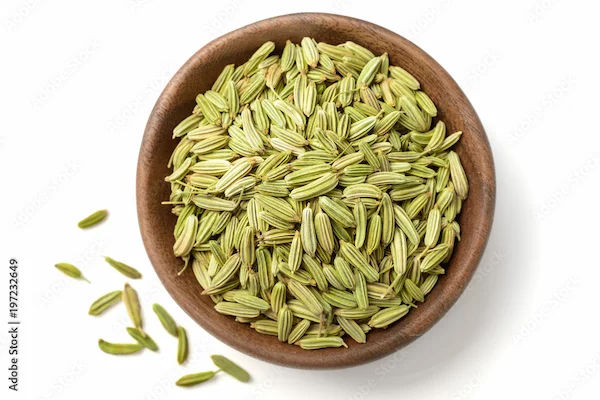Can PCOD Be Reversed or Cured?
Find out if PCOD can be reversed or cured through lifestyle changes, diet, exercise, and medical treatment for long-term hormonal balance.
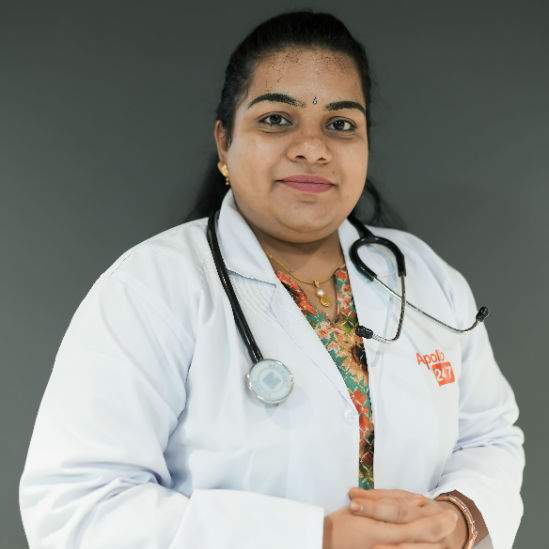
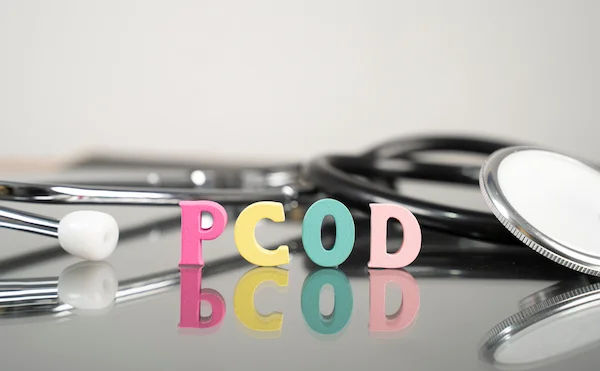
Introduction
Polycystic Ovarian Disorder (PCOD) is a common hormonal condition that affects many women, especially during their reproductive years. If you or someone you know has been diagnosed with PCOD, you might be wondering—can it be reversed or cured? The good news is that while PCOD is a chronic condition, its symptoms can be managed effectively, and in many cases, significant improvements can be seen with the right lifestyle changes and medical care.
Understanding PCOD
PCOD occurs when a woman’s ovaries produce higher-than-normal levels of male hormones (androgens). This hormonal imbalance can lead to irregular periods, cysts in the ovaries, and other symptoms like weight gain, acne, and excessive hair growth. Unlike Polycystic Ovary Syndrome (PCOS), which is a more severe metabolic disorder, PCOD is often milder but still requires attention.
Common Symptoms of PCOD
Irregular periods (missed, delayed, or very heavy periods)
Weight gain, especially around the abdomen
Acne and oily skin
Excessive facial or body hair (hirsutism)
Hair thinning or hair loss (male-pattern baldness)
Difficulty getting pregnant (due to irregular ovulation)
Darkening of skin (especially around the neck, groin, or underarms)
Consult Top Specialists for Personalised Tips
Can PCOD Be Cured?
Currently, there is no permanent cure for PCOD, but the condition can be managed effectively. Many women see a significant reduction in symptoms—and sometimes even reversal of certain effects—through a combination of lifestyle changes, medications, and holistic care.
How Can PCOD Be Managed?
1. Healthy Diet & Weight Management
Since insulin resistance is often linked to PCOD, maintaining a balanced diet helps regulate hormones.
Eat more whole foods: Include fresh fruits, vegetables, whole grains, and lean proteins.
Avoid processed foods: Cut down on sugary snacks, refined carbs, and fried foods.
Low glycemic index (GI) foods: Opt for foods like oats, lentils, and quinoa that don’t spike blood sugar.
Healthy fats: Include nuts, seeds, and omega-3-rich foods like fish.
Even a 5-10% reduction in body weight can help regulate periods and improve symptoms.
2. Regular Exercise
Physical activity helps lower insulin resistance and balance hormones.
Cardio exercises: Walking, jogging, cycling, or swimming for 30 minutes daily.
Strength training: Helps improve metabolism and reduce fat.
Yoga & stress-relief exercises: Poses like Bhujangasana (Cobra Pose) and Balasana (Child’s Pose) can help regulate hormones.
3. Medications (If Needed)
Doctors may prescribe:
Birth control pills to regulate periods.
Metformin to improve insulin sensitivity.
Anti-androgen medicines to reduce acne and hair growth.
Fertility treatments (if pregnancy is desired).
4. Stress Management
Chronic stress worsens PCOD symptoms by increasing cortisol levels.
Practice meditation, deep breathing, or mindfulness.
Get 7-8 hours of sleep daily.
Engage in hobbies or activities that relax you.
5. Natural Remedies & Supplements
Some women find relief with:
Inositol (a B-vitamin-like compound that improves insulin sensitivity).
Omega-3 fatty acids (reduce inflammation).
Cinnamon (may help regulate menstrual cycles).
Can PCOD Be Reversed?
While PCOD cannot be completely reversed, many women experience symptom-free periods with consistent lifestyle changes. Some even regain regular ovulation and fertility. However, maintaining healthy habits is key—stopping them may cause symptoms to return. Consult a gynecologist or endocrinologist for personalised treatment.
Conclusion
PCOD may not have a permanent cure, but it is highly manageable. With the right diet, exercise, and medical support, you can lead a healthy, symptom-free life. If you suspect PCOD or need guidance, consider booking a consultation with a specialist on Apollo 24|7 for expert advice and care.
Consult Top Gynaecologist
Consult Top Specialists for Personalised Tips

Dr. Alapati Jyotsna
Obstetrician and Gynaecologist
4 Years • MBBS MS Obstetrics and Gynaecology
Visakhapatnam
Apollo 24|7 Clinic - Andhra Pradesh, Visakhapatnam

Dr. Shailaja L
Obstetrician and Gynaecologist
16 Years • MBBS, MS
Bangalore
Apollo 24|7 Clinic - Karnataka, Bangalore

Dr. Priyanka Surisetty
Obstetrician and Gynaecologist
8 Years • MBBS, DGO
Visakhapatnam
Apollo 24|7 Clinic - Andhra Pradesh, Visakhapatnam
(150+ Patients)
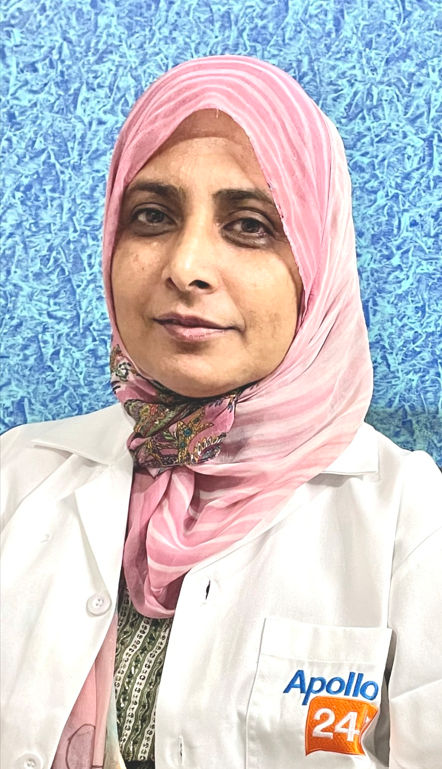
Dr Homeira Nishat
Obstetrician and Gynaecologist
34 Years • MBBS, Diploma in Obstetrics & Gynaecology
Bengaluru
Cure Hospital and Clinic, Bengaluru
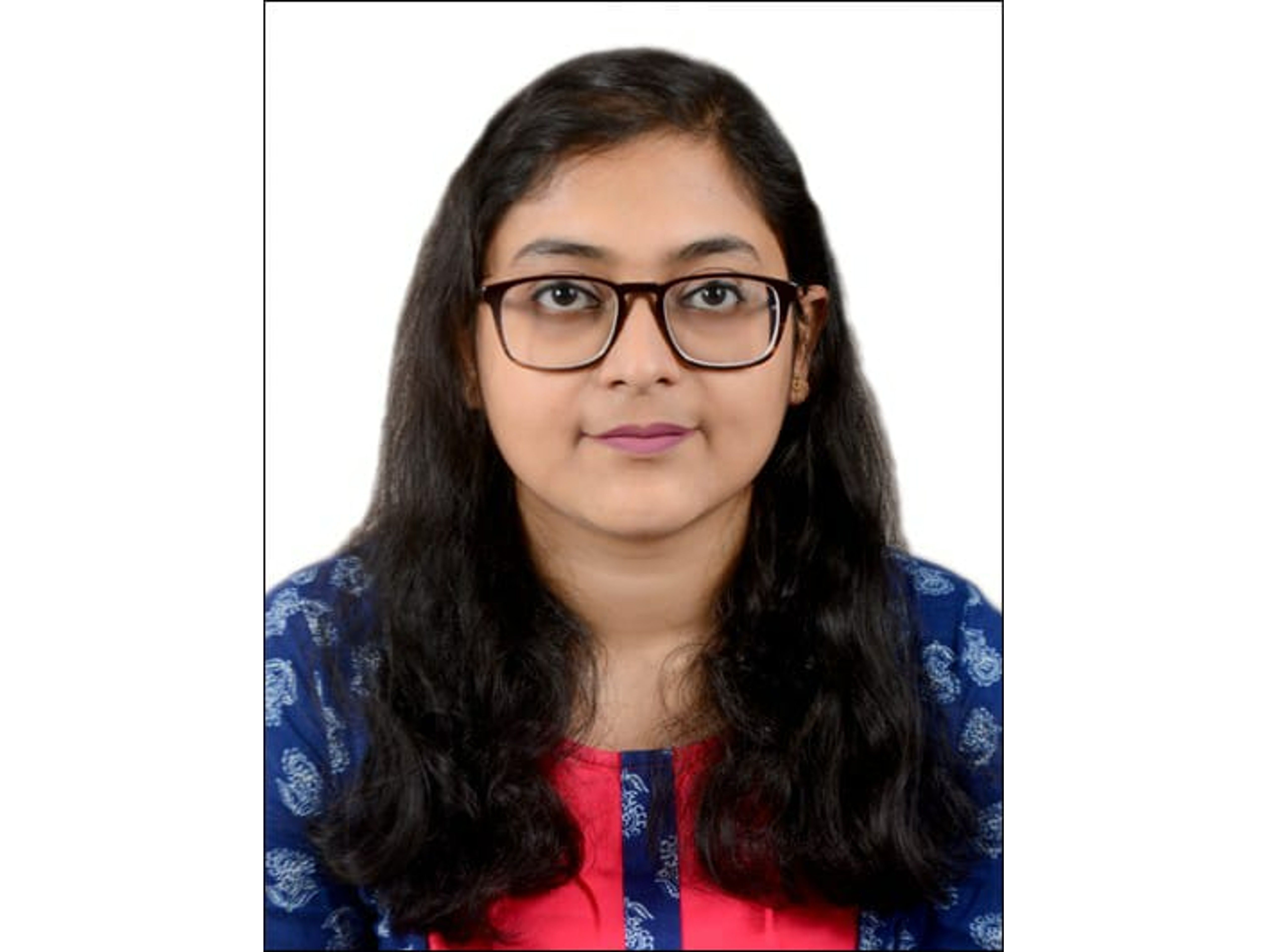
Dr. Debashree Saha
Obstetrician and Gynaecologist
4 Years • MBBS, MS (Obstetrics & Gynaecology)
Kolkata
DR. DEBASHREE SAHA Clinic, Kolkata
Consult Top Gynaecologist

Dr. Alapati Jyotsna
Obstetrician and Gynaecologist
4 Years • MBBS MS Obstetrics and Gynaecology
Visakhapatnam
Apollo 24|7 Clinic - Andhra Pradesh, Visakhapatnam

Dr. Shailaja L
Obstetrician and Gynaecologist
16 Years • MBBS, MS
Bangalore
Apollo 24|7 Clinic - Karnataka, Bangalore

Dr. Priyanka Surisetty
Obstetrician and Gynaecologist
8 Years • MBBS, DGO
Visakhapatnam
Apollo 24|7 Clinic - Andhra Pradesh, Visakhapatnam
(150+ Patients)

Dr Homeira Nishat
Obstetrician and Gynaecologist
34 Years • MBBS, Diploma in Obstetrics & Gynaecology
Bengaluru
Cure Hospital and Clinic, Bengaluru

Dr. Debashree Saha
Obstetrician and Gynaecologist
4 Years • MBBS, MS (Obstetrics & Gynaecology)
Kolkata
DR. DEBASHREE SAHA Clinic, Kolkata

